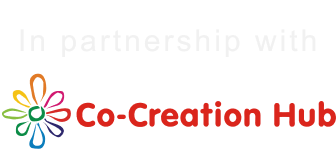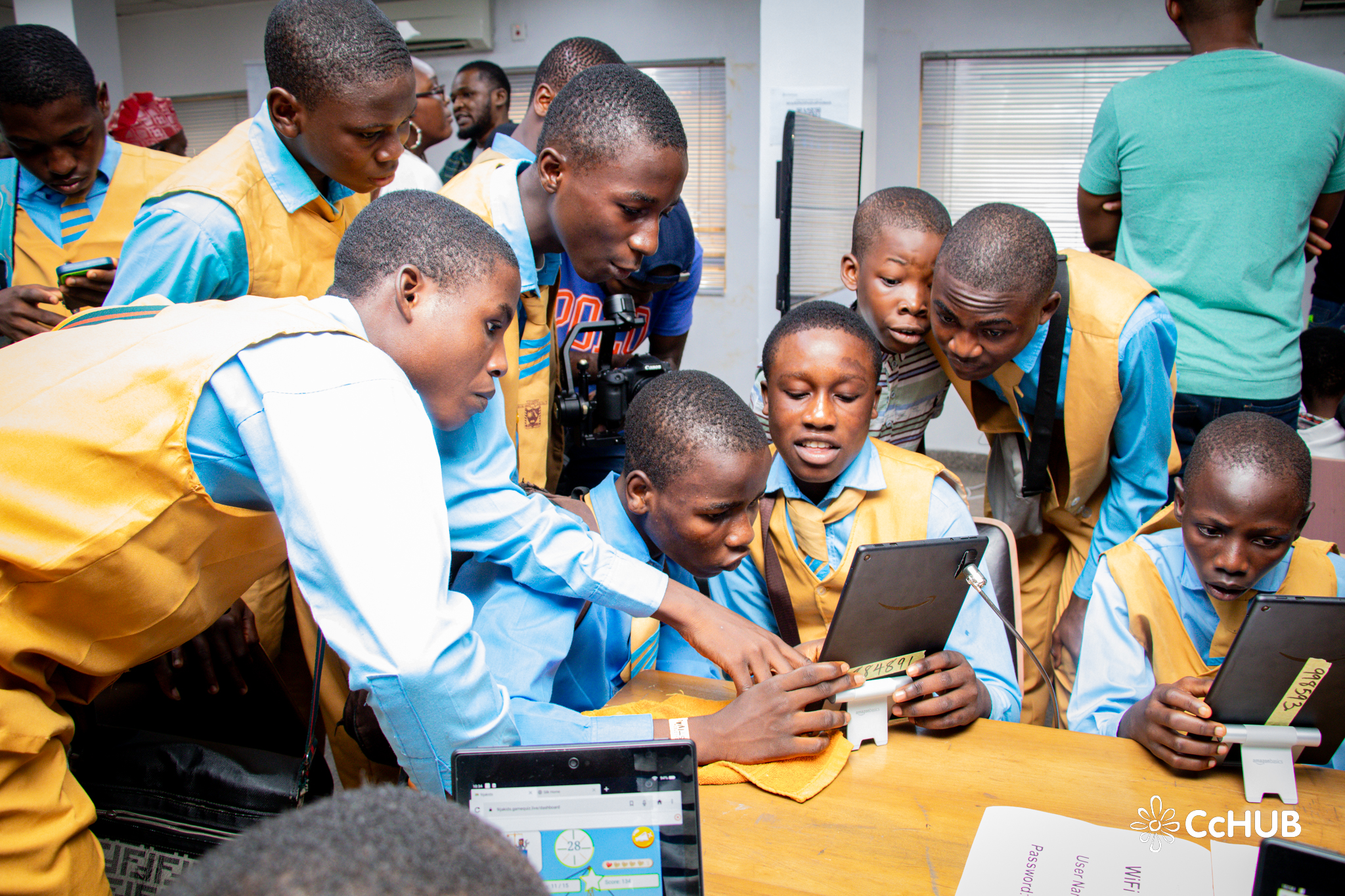In an increasingly digital world, the importance of digital literacy cannot be overstated, as it is crucial for the future of any country, including Nigeria.
Digital literacy goes beyond just knowing how to use a computer. What, then, is digital literacy? Digital literacy is the ability to use technologies to find, evaluate, create, and communicate information. It is about equipping individuals with the ability to search for information, critically evaluate online content, communicate through digital platforms, and use various software and tools to enhance their learning and productivity.
The quality of education is improved as a result of the incorporation of digital literacy into the education system. The incorporation of the following: digital resources, interactive learning platforms, and e-learning materials makes learning more engaging and effective, leading to an increase in the learning outcomes of the learners.
Access to online educational resources empowers learners with a wealth of knowledge, irrespective of their geographical location, effectively narrowing the urban-rural divide. Equipping learners and educators in rural areas with digital skills enables them to actively engage in cyberspace, broadening their horizons and enhancing their opportunities.
Today, digital literacy is a crucial skill in the modern job market and learners must be equipped for future employment opportunities.
As the world becomes more connected, countries with a digitally literate population are better positioned to compete globally, and for Nigeria to be able to compete globally, its citizens have to be better equipped with the necessary digital literacy skills.
Now, to the big question, how beneficial is the acceleration of digital literacy to the education systems in Nigeria?
Here are some key points highlighting the need:
- As the world becomes increasingly digitized, digital literacy is essential for learners to compete globally, as it equips them with the skills required in a technology-driven workforce.
- Digital literacy is a core component of 21st-century skills, which include critical thinking, creativity, communication, and collaboration. By incorporating digital literacy into education, learners are better prepared for the job market, reducing unemployment and contributing to economic development.
- Digitally literate learners are more likely to develop and implement creative solutions to real-world problems, leading to innovation and an entrepreneurial mindset.
- Digital literacy is not only for students but also for educators and administrators. It streamlines administrative processes, enhances communication, and improves overall efficiency in education management.
Despite its importance, there have been a few challenges to the acceleration of digital literacy, such as inadequate technological infrastructure (reliable internet connectivity, access to devices), limited resources (many individuals, particularly in rural areas, face financial constraints that limit their ability to acquire the necessary devices and resources for digital literacy.), a lack of teacher training, and a lack of awareness, as some people may not fully understand the potential benefits. All these and more hinder widespread adoption.
For digital literacy to be accelerated in Nigeria, every education stakeholder has a role to play.
- The government needs to invest in expanding broadband infrastructure, especially in underserved areas, to ensure that all citizens have access to the Internet. They should also ensure the integration of digital literacy into the national curriculum.
- School leaders should be willing to train their teachers professionally, either by employing the services of an external organization or partnering with education NGOs that help train teachers.
- Educators need to be willing to receive the necessary training and be willing to adopt technology in their classrooms, as only well-trained teachers can inspire and guide students in using digital tools effectively.
- Public-Private Partnerships: For a sector as big as education, the collaboration between the government and private sector is necessary, as they can both help provide digital devices and resources to schools or establish community digital hubs that provide access to technology and training for both students and adults in rural and underserved areas.
Accelerating digital literacy goes beyond providing access to technology; it is also about ensuring that learners and educators have the skills and knowledge to use digital tools effectively. This investment in digital literacy will benefit not only the individuals acquiring these skills but the nation as a whole.




